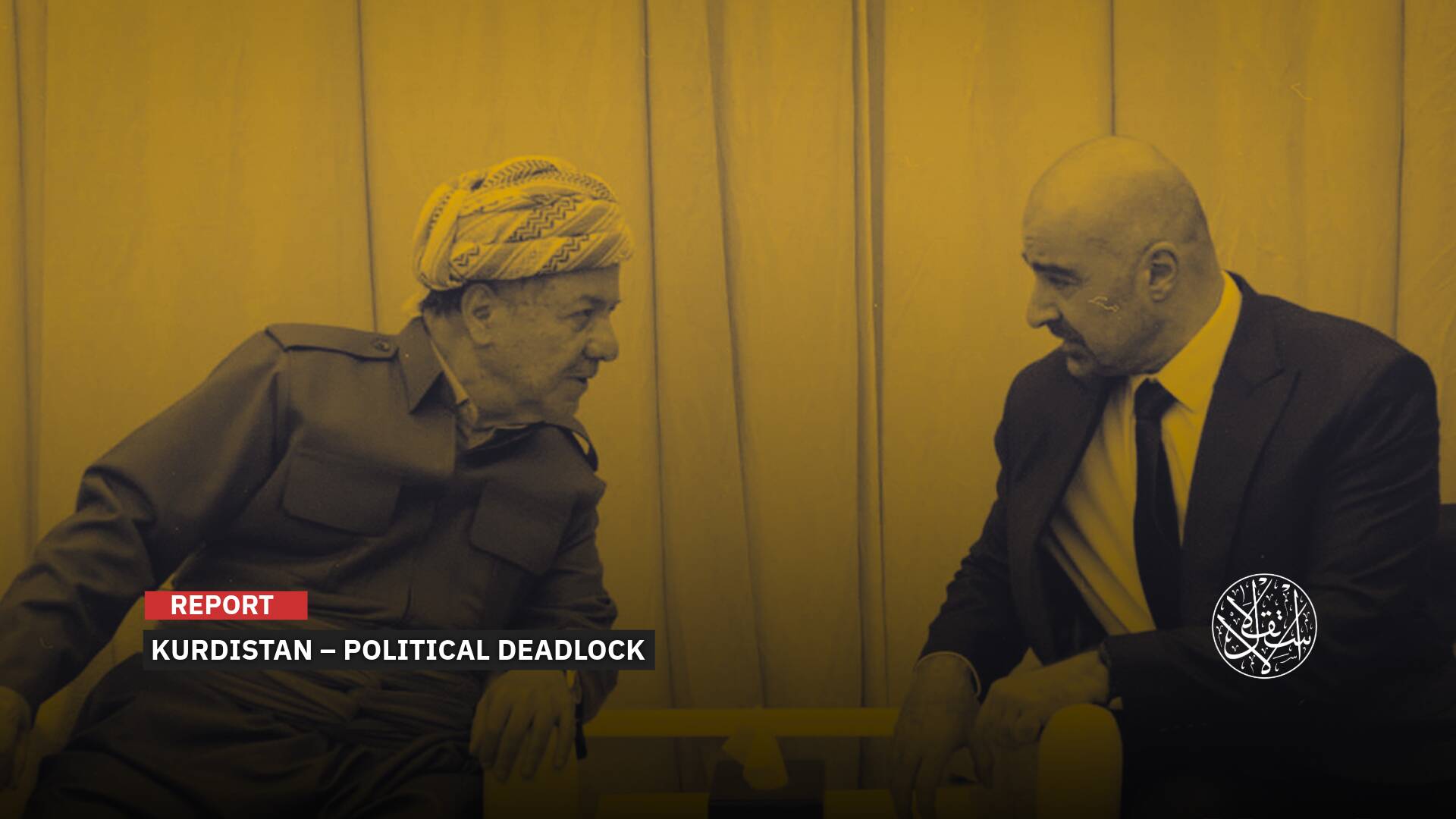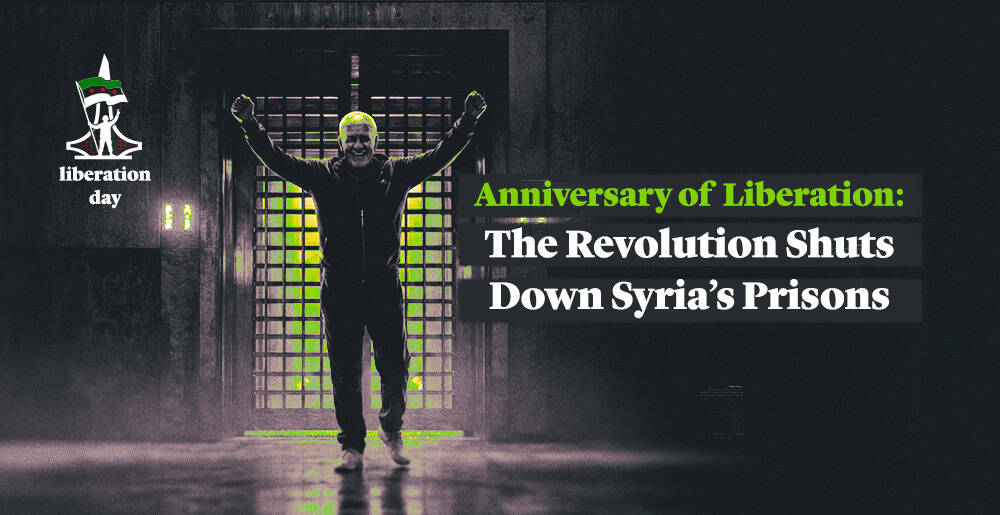What Are the Implications of Holding the G20 Summit in Kashmir?

In a strategic move to assert its control and shape the narrative, India chose to host a G20 meeting on tourism in the disputed region of Kashmir. This “non-innocent” decision was aimed at solidifying India’s claim over the region and manipulating international perception of its occupation.
However, several countries decided not to send their delegations to attend the G20 summit in the occupied territories of Jammu and Kashmir, raising questions and sparking global discussions about the legitimacy of India’s actions and the potential threat they pose to the summit’s agenda.
Currently holding the presidency, which rotates annually among members, India is scheduled to host the G20 Leaders’ Summit in the capital city of Delhi in September 2023.
In August 2019, New Delhi, which controls two-thirds of the region compared to Pakistan’s one-third, revoked the autonomous status previously granted to the occupied part and forcefully integrated it into the rule of the extremist Hindu nationalist Bharatiya Janata Party (BJP) government.
Why Kashmir?
Nearly 60 delegates from the majority of G20 countries were taken aback when they discovered that India had orchestrated the tourism-centric meeting as part of the G20 summit in Kashmir, scheduled for May 22nd, 23rd, and 24th, 2023.
Delegations from various countries traveled to the city of Srinagar, the capital of the Jammu and Kashmir region, to attend the meeting, despite the risks of armed conflict in the area.
However, other delegations protested and refused to participate in the occupied part of Kashmir due to the ongoing territorial dispute with Pakistan.
China, Saudi Arabia, Turkiye, Pakistan, and Indonesia denounced holding the meeting in the occupied region, as both New Delhi and Islamabad claim full control over the Muslim-majority Kashmir since their independence 75 years ago.
Despite India’s claims that holding the meeting in the occupied Kashmir aimed to showcase the restoration of peace and tranquility in the region and the subsequent boost in tourism, AFP reported on May 22, 2023, that New Delhi had turned the region into a military fortress.
The agency revealed that the summit took place in a heavily guarded compound on the banks of Dal Lake in Srinagar. Local residents expressed dissatisfaction with the heightened security measures, with one individual describing the situation as a facade concealing repression, tension, and unrest.
AFP further detailed that Indian forces had arrested hundreds of people at police stations, and authorities warned thousands, including shop owners, about any “protest or disturbance,” according to a senior official. Soldiers and armored vehicles were deployed throughout Srinagar.
India barred foreign journalists from entering Kashmir, requiring them to obtain a “special permission” that was not easily granted. Those who were allowed entry had to agree not to publish “anti-India narratives” and refrain from visiting certain locations without prior authorization.
Journalist Bharat Bhushan of the Deccan Herald newspaper sarcastically questioned whether the government of Narendra Modi believed that promoting tourism could be achieved in closed conference halls near a picturesque lake while naval commando patrols and surveillance drones roamed the area.
He added that such circumstances indicated that the situation in Jammu and Kashmir was far from normal, as reported by AFP.
Former Chief Minister of Jammu and Kashmir, Mehbooba Mufti, stated that India had turned the region into an equivalent of the US Guantanamo Bay detention camp in order to hold a tourism-related meeting.
The ruling Bharatiya Janata Party, led by Prime Minister Narendra Modi, was accused by The Guardian on May 22, 2023, of hijacking the G20 summit for promotional purposes.
A Kashmiri businessman told the BBC on May 22, 2023, that the local population has faced “a lot of difficulties” in the past ten days due to the security arrangements. He further mentioned that there have been numerous police inspections and searches in residential areas, and several schools and colleges have been closed.
Since the Indian occupation of Kashmir, the Indian authorities have criminalized Kashmiri Muslim opposition, suppressed media freedoms, and imposed restrictions on popular protests.
Kashmiri journalists say they have been working in an atmosphere of fear since 2019, with many of them experiencing raids on their homes and being summoned for interrogation by the police. They have also been forced to practice self-censorship, according to Al-Jazeera, on May 23, 2023.
Coinciding with the G20 summit, the Committee to Protect Journalists called on the Indian government in a statement on May 22, 2023, to end its brutal campaign against the media and immediately release arbitrarily detained Kashmiri journalists.
The statement also mentioned the Indian authorities sending four journalists to prisons outside of Kashmir under Indian administration, where they are being subjected to mistreatment.
As #India holds a #G20 meeting on tourism in Kashmir, #pressfreedom remains under attack in the region.
— CPJ Asia (@CPJAsia) May 22, 2023
CPJ calls on the Indian government to end its brutal crackdown on the media and immediately release the four arbitrarily detained Kashmiri journalists.#FreeThePress pic.twitter.com/zKo4rwz6iK
Reporters Without Borders, a Paris-based media monitoring organization, ranked India at 161 out of 180 countries in its annual World Press Freedom Index, the lowest ranking ever.
The Impact of the Boycott
Pakistan’s Foreign Minister, Bilawal Bhutto Zardari, visited the area of Kashmir controlled by Pakistan to show solidarity with a demonstration against India there.
On May 24, he stated that India is abusing its position as the chair of the G20 to impose its will.
He called on the world to condemn the serious human rights violations in New Delhi since India revoked Kashmir’s special status in August 2019 and turned it into a federally administered territory, according to the British news agency Reuters on May 22, 2023.
The American network CNN reported on May 23, 2023, that the summit is the first major international event held in the Muslim-majority disputed region since India revoked Kashmir’s autonomy, effectively imposing India’s vision of occupation on the world.
The summit held in Kashmir, one of the most dangerous hotspots in the world between two nuclear-armed neighbors, aims to enhance the international credentials and image of Modi’s political allies and present him as a leading player in the global system.
The Australian website, The Conversation, stated on May 16, 2023, that India seeks to exploit the G20 summit to promote its colonial settlement aspirations in Kashmir.
The website also mentioned that New Delhi aims to demonstrate to the global community that normalcy has been restored in the scenic and resource-abundant region, and it is welcoming to tourists and investors. However, hosting G20 delegates in Srinagar was a move toward internationally normalizing India’s control over Kashmir.
Researcher Ather Zia was quoted as saying that New Delhi seeks to make tourism in colonial settler contexts an extension of imperial policy, where colonized lands are absorbed by a dominant state.
The Guardian stated that India’s presidency of the G20 became controversial after China and Saudi Arabia boycotted the meeting held in Kashmir.
On May 22, 2023, it emphasized that India’s hosting of the summit has raised objections from several participating or non-member countries of the G20 due to India’s exploitation of the summit to justify its control over disputed Kashmir.
It noted China’s strong opposition to holding any kind of G20 meetings in the disputed territories and described Pakistan’s criticism of holding the meeting in Kashmir as an irresponsible act.
In mid-May 2023, Fernand de Varennes, the United Nations Special Rapporteur on minority issues, issued a statement criticizing the G20’s approval of holding the meeting in Kashmir.
He stated that the summit inadvertently projects an appearance of support for human rights violations, political persecution, and unlawful detentions in Kashmir and that the meeting risks normalizing what some describe as military occupation.
Political analyst Siddiq Wahid added, in an interview with Al-Jazeera English on May 23, 2023, that the Indian government attempted to portray life in Kashmir as normal by hosting the G20 meeting in the region.
However, unfortunately for New Delhi, the absence of China, in particular, dealt a blow to giving this impression of normalcy that India promotes, along with the absence and criticism of other countries, he said.
Reshaping Kashmir
Following the occupation of the predominantly Muslim region of Kashmir by the right-wing Indian government and the revocation of its semi-autonomous status, along with the division of the disputed territory with Pakistan, efforts were made to impose a Hindu character on it.
Foreign Policy magazine explained in a report on August 11, 2021, how India is reshaping Kashmir through a program of electoral constituency delimitation that gives numerical weightage to the southern region of Jammu, where there is a higher concentration of Hindu voters.
It was pointed out that these demographic changes, coupled with a clever reshaping of electoral constituencies, allow nationalist Hindu politicians to achieve their long-standing goal of installing a Hindu prime minister in Kashmir, appearing as a democratic election.
The dismantling of the extremist Hindu Modi government rapidly undermined the structures of self-governance in Kashmir and opened up land ownership to Hindus coming from other Indian regions while issuing residency permits to non-Kashmiri Indians.

This has increased concerns that the Valley of Kashmir will be inundated by outsiders, turning the local population, who constitute a Muslim majority, into a political minority in their own homeland.
In October 2020, the Indian Ministry of Home Affairs issued a set of new laws for the Indian-administered territories in Kashmir, allowing any Indian citizen to purchase land in the region.
Indian Muslim journalist Rana Ayyub stated in an article for The Washington Post on May 11, 2023, that the hatred against Muslims in India has not been quelled by the country hosting the G20 summit, as the authorities continue to fuel and ignite it.
She affirmed that a darker narrative characterizes non-democratic India under Modi’s rule, as the government persecutes and marginalizes its 220 million Muslim population.
Sources
- Support fiercely independent journalism this Sunday
- China boycotts G20 meeting held by India in Kashmir region
- As India holds G20 meet, ‘brutal’ Kashmir media crackdown slammed
- India hosts a G20 tourism meeting in Kashmir [Arabic]
- India is using the G20 summit to further its settler-colonial ambitions in Kashmir












